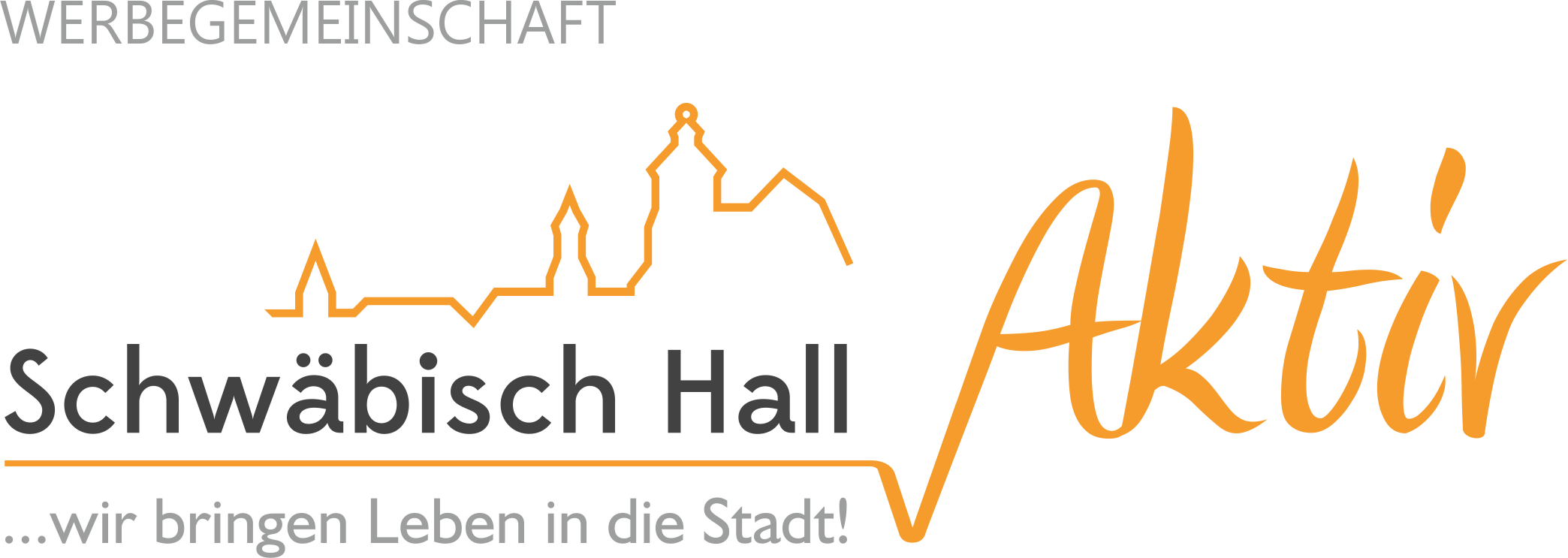
Historical heritage and charm:
The wealth of the former imperial city can be traced back to salt production, the "white gold" of the Middle Ages. With its picturesque old town and more than 42,000 inhabitants from around 120 nations, the salt-producing town on the Kocher river is cosmopolitan and particularly attractive. A stroll through the old town leads to historic buildings, cozy cafés and charming stores.
Cultural diversity and education:
Schwäbisch Hall is a city of culture and is known far beyond the city limits with the Kunsthalle Würth, the Hällisch-Fränkisches Museum, the Freilandmuseum and the famous open-air plays. This is complemented by an incredibly diverse range of literature, music and art in the city, supported by numerous associations, groups and institutions.
But it is also of great importance to the entire region as an educational city with a number of first-class educational facilities and institutions such as the adult education center, the city library, the music school, the House of Education and the university as well as the Goethe-Institut.
Economy:
In Schwäbisch Hall, it is not only good to live, but also to work: The city is home to many global market leaders and established family businesses. Small innovative companies and start-ups are also at home in Schwäbisch Hall and compete nationally and internationally. The geographical location contributes to this: Situated in the city triangle of Stuttgart, Frankfurt/Main and Nuremberg, Schwäbisch Hall is not far from the centers of southern Germany.
Nature and recreation:
The idyllic location on the Kocher river and the surrounding nature make Schwäbisch Hall an ideal place for those seeking relaxation.
Excellent healthcare and attractive residential areas round off the high quality of life in the city.
All in all, Schwäbisch Hall offers a successful mix of history, culture and quality of life as a place to live. The city inspires with its charm and diversity and invites you to become part of this vibrant community.
Mauerstraße 19
74523 Schwäbisch Hall
| Tel. | +49 791 - 95 61 68 90 |
| [email protected] |
| Current real estate offers |
| Opening hours |
| Contact |
| Route |













